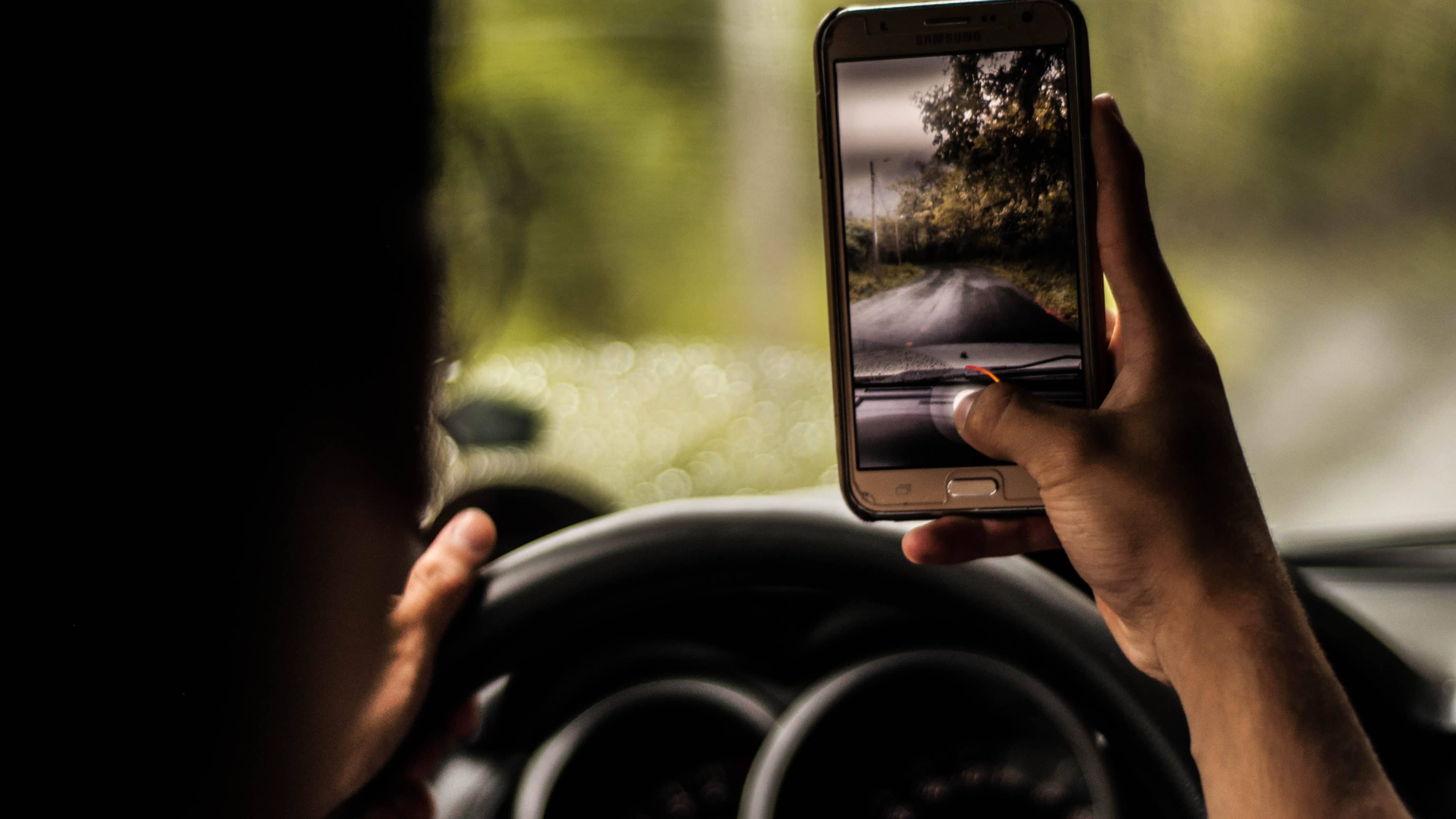For parents, few things are as scary as the day we stand in the driveway and watch our teenaged children drive off in a car, alone, for the first time. But more unsettling is the first time they drive away with another teen.
This is because we know teenaged drivers are dangerous. As new drivers they are relatively inexperienced and immature. It’s even more worrisome given that they are easily distracted by friends, music, and phones. But these days, the kids are in greater danger than before because of impairment by drugs and alcohol.
Impaired Driving vs. Drugs and Substance Abuse
This is a topic that touches my heart deeply. I have been an emergency physician for 25 years and have seen my share of injury and death from automobile accidents caused by impaired drivers. The topic is even more important to me as a father, because like every parent, I’m vulnerable every time one of my children is in a vehicle.
My concerns aren’t based on opinions or anecdotal evidence. In terms of alcohol alone, the CDC estimates that someone dies in an alcohol impaired car crash every 50 minutes in the US. That’s 29 people every day. However, the days when alcohol was all we worried about are long gone, as drugs are increasingly involved in car crashes. Research from the Governors Highway Safety Association says that in 2016, among drivers who were killed in a crash, almost 44 percent of drivers with known drug test results had drugs in their systems. Of those, just over 40 percent were positive for alcohol as well.
Many types of drugs can cause impaired driving. The list includes prescription pain medications, psychiatric drugs like sedatives and anxiety medications, sleeping pills, marijuana, LSD, ketamine, cocaine, methamphetamine, ecstasy, and many cough and cold drugs. These drugs all affect alertness and reaction time and may increase risk-taking behavior. (Interestingly, while ADHD is itself a risk for car wrecks, studies suggest that taking medication for ADHD may actually decrease rates of car crashes.)
Researchers have found that drug impaired automotive fatalities are increasing significantly. Especially those involving marijuana and opioid pain medications like hydrocodone, oxycodone, fentanyl and others.
How to Protect our Kids from Impaired Driving
In light of these frightening facts, what we really want to know is this. How do we protect our kids from the dangers of impaired driving? First of all, we need to model good behavior. When parents normalize drug or alcohol abuse, or if they drive while under the influence of various substances, children and teens get the lesson loud and clear. We are walking, talking advertisements to our kids and we should always remember that.
Next, having raised three sons to adulthood and one daughter almost there, my wife and I have been through these issues. And there’s no doubt that honest, loving communication is the most important part of protecting the kids from the dangers. Especially of driving impaired or with impaired friends. Furthermore, it’s not a problem for Christian vs non-Christian families. Substance abuse and impaired driving can affect every family.
One of the first things we have done is emphasize to our children just how precious they are to us. Also, we discuss the very real, very human danger of driving under the influence or riding with someone who is impaired. We have reminded them, gently but firmly, that they also don’t ever want to have to face the guilt of harming or killing another human while impaired.
In addition we talk to them about drugs and alcohol. We’re honest about mistakes we have made and candid about the effects of assorted substances. In addition, we talk about the power and peril of addiction—a bigger problem in some families than others, but a concern for everyone.
Solutions to Impaired Driving
Teens need to know what to watch for in their friends. Parents can do the same in their own offspring. Signs of drug abuse include excessive sleepiness, confusion, slurred speech, difficulty walking or concentrating. If their friends are suddenly losing interest in school, work, friends, sports or hobbies, this might be a clue to substance abuse.
Fatigue and depressed behaviors can be warning signs of either drug or alcohol abuse. But they can also be signals that the kids are using substances to self-medicate their own depression, anxiety or other issues.
Teens would do well to watch their friends (especially those driving them) for irrational conversations or statements. Or it could even be evidence of hallucinations or delusions as well as dangerous impulsive behaviors. Increasing secrecy can be a clue to substance issues as well.
Knowledge is power. So it might help to learn how to identify drug paraphernalia, from marijuana pipes to pill and alcohol bottles and even needles. And if they actually see their friends using alcohol or drugs, they should not ride with them. Period.
Our children need to know that they can come to us even if they are the ones using the substances. That we can talk about it the next morning. But that it’s safe and expected that they call us rather than drive or ride with someone under the influence. If they fear our wrath too much, they’ll take unneeded risks and tragedy could result.
Communicating with our Kids
It’s really important that we not only communicate with our kids, but that we know their friends. Adolescents are constantly forming and ending friendships and alliances. But that doesn’t mean that we can’t insist on meeting their friends, talking to their friends’ parents, and getting phone numbers and contact information.
Not only does this allow us to evaluate them with discernment, it lets us show we’re human and allows those friends to see what our expectations are.
I think it’s worth noting that we should tell our kids to put their phones down in the car and pay extra attention. That should be a non-negotiable requirement when they are driving, but it’s also smart when they’re passengers. This way they can notice any change of behavior in their driver and watch the road to help their driver’s see potential dangers. I’ve seen the amount of phone/internet addiction in my job. And explored the very well-known risk of driving while distracted by devices. I’m confident that alcohol, drugs and phones together are an extraordinarily dangerous witch’s brew.
Impaired driving is an enormous public health problem. But like so many of our modern issues, the best solutions seem to start at home. We can’t control every aspect of our children’s lives, but with drugs and alcohol, as with so many other things, we can begin with love, connection and education.
For additional information:
MADD
National Institute on Drug Abuse: Drugged Driving



















